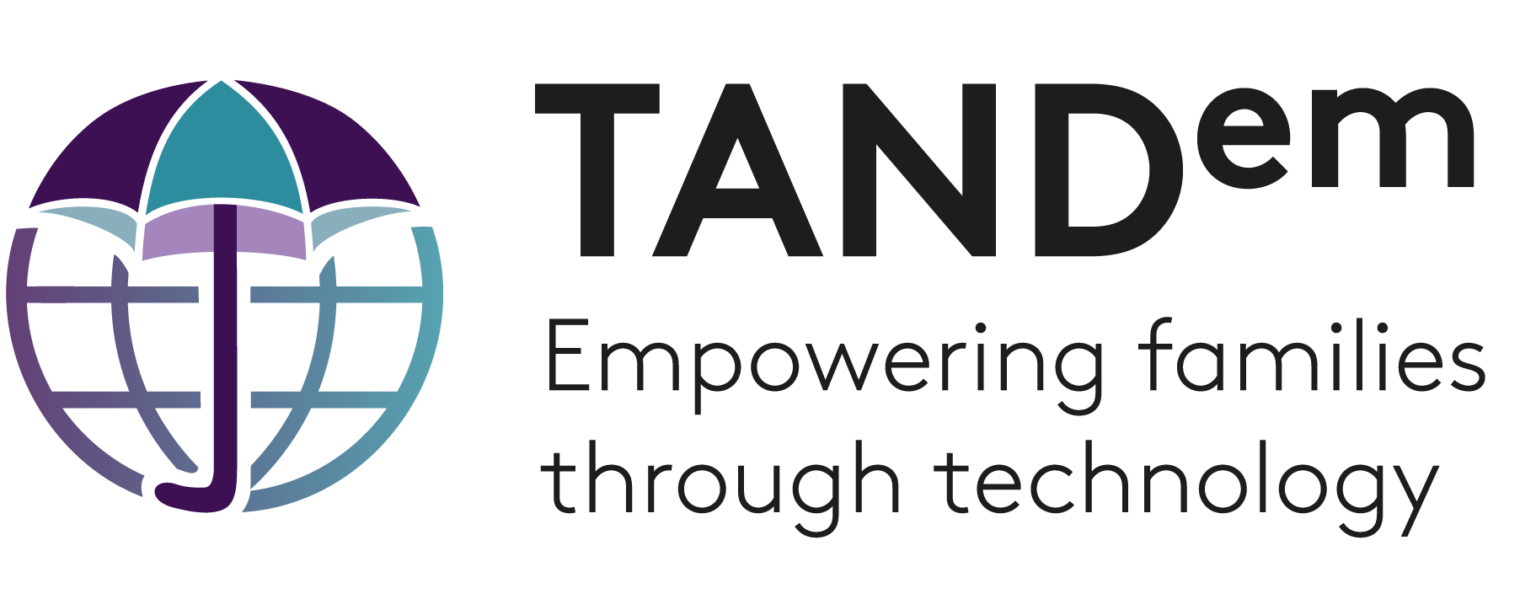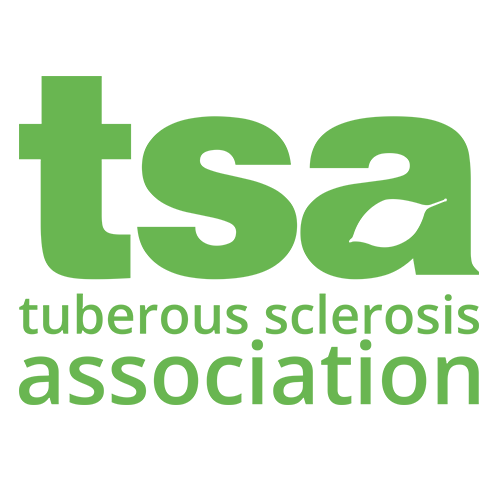2022 TANDem seed grant funding round
Empowering individuals and families who live with TSC from around the world
Now open: Seed award applications in areas with direct relevance to TSC-Associated Neuropsychiatric Disorders (TAND)
Nine out of every 10 people living with Tuberous Sclerosis Complex (TSC) develop TSC-associated neuropsychiatric disorders (TAND) at some point in their lives. TAND includes autism spectrum disorder, Attention deficit hyperactivity disorder, challenging behaviours, anxiety and sleep disorders.
TAND can have a serious impact on family life, with the number one request from individuals and families affected by TSC being for advice and support to help them manage TAND-related symptoms. This year, the TSA is delighted to be partnering with the TAND Consortium for our first ever TAND-focused funding round.
See below for more information about the funding round and how to apply. More information about TAND can be found here.


Opportunity status: Open
Funders: The Tuberous Sclerosis Association
Funding type: Seed awards
Award range: €2,000 – €10,000 per award
Duration of funding: Up to 12 months
Career stage: Any, but preference will be given to early-career researchers (up to 10 years post PhD)
Opening date: 16 Mar 2022
Closing date: 16 May 2022 (5pm BST)
Notes: All applications must be in an area with direct relevance to TSC-Associated Neuropsychiatric Disorders (TAND)
**Please read ‘Guidance notes for applicants’ thoroughly before completing the application form**
The TSA is running the 2022 TANDem Seed Grant Funding Round jointly with TAND Consortium. The remit of the call is to offer small ‘seed’ grants to international researchers that will address priority research areas identified in a recent scoping review of all TAND research to date (Vanclooster et al., Journal of Neurodevelopmental Disorders, 2022). The scoping review identified a number of key research gaps, including but not limited to a need for:
- More research from low/middle-income countries
- More research on TAND in older adults
- More qualitative research
- An increase in research on the scholastic and psychosocial level
- More research on the overactive/impulsive, eat/sleep, neuropsychological and scholastic clusters
- Non-pharmacological intervention research, including caregiver skills training and caregiver wellness programmes
- Research that utilizes technologies to increase accessibility of support to families
In order to ensure the most direct benefit to people with TSC and their families, the grant call will specifically encourage small projects that will be complementary to the TANDem project and/or that can ‘bolt on’ to the TANDem project. Successful applicants will have access to data and information from the project.
The TANDem project is an international multi-disciplinary mobile-health project to empower families and individuals who live with TSC around the world. It is led by Prof Petrus de Vries (University of Cape Town, Co-Principal Investigator) and Prof Anna Jansen (UZ Brussel – Vrije Universiteit Brussel, Co-Principal Investigator), and co-funded by the TSA and the King Baudouin Foundation, Belgium.
The project has three clearly defined goals:
- Developing and validating a self-report, quantified TAND Checklist (called the TAND-SQ) and building the checklist into a mobile ‘app’. This should help people to identify their own TAND profile of needs
- Developing consensus clinical guidelines for the identification and treatment of TAND, and building those into the app. This should give people a TAND toolkit of tips, advice and next step suggestions for their TAND needs
- Setting up a global TAND consortium that will include people with TSC, family members, clinicians and researchers. This will create a network to develop future TAND research and service developments, to train the next generation of TAND researchers, and to engage with the general public about TSC and TAND
You can read more about the TANDem project by visiting the TAND consortium website here. A protocol paper of the TANDem project was recently published and provides detailed information about the project (Heunis et al., Frontiers in Psychiatry, 2022).
- Call for applications – 16 March 2022
- Deadline for submission – 16 May 2022 (5pm BST)
- Application review – May – June 2022
- Grant panel meeting – July 2022
- Notification of outcome – August 2022
Seed awards are small research awards that help researchers to develop novel ideas that will go on to form part of larger grant applications in the future. They support activities necessary to advance larger competitive research proposals, such as performing preliminary work and facilitating collaboration. We expect to award 3-5 ‘seed’ grants in this funding round.
Seed funding applications may apply for any amount between €2,000-10,000 depending on the size and scope of the seed project.
We intend to award 3-5 seed grants in this round.
The TSA is a registered UK-based charity and proud world-leader in TSC research, with three charitable objectives:
- To support individuals affected by TSC, together with their families and carers
- To encourage and support research into the causes and management of TSC
- To provide education and information
The TSA is committed to funding research in line with its six research priorities, which are consistent with the charity’s five-year strategy to reach more people and drive more research. Our vision is a world where TSC and its effects are conquered. The TSA’s priorities for research into TSC are:
- Earlier diagnosis, including genetic testing
- Early risk assessment, including natural history registries
- Basic science and pre-clinical work, including lab-based research
- Prevention, including trials of mTOR inhibitors and other therapies for newly diagnosed infants
- Research into new and available therapies, including better and more tailored treatments for TSC-associated neuropsychiatric disorders and measuring unmet needs.
For more details about the TSA’s full research strategy click here.
The TAND consortium includes 24 members from 10 countries. Members include a broad range of stakeholder groups (including family representatives, non-profit organisations, researchers, technology experts, clinicians, social scientists, statisticians) and bring highly interdisciplinary skills to the team (including child and adolescent psychiatry, paediatric neurology, clinician psychology, educational psychology, speech and language therapy, special education, intellectual disability medicine, nephrology, biomedical engineering, biostatistics, veterinary sciences, behavioural sciences, neurosciences and digital technology experts).
You can read more about the TAND consortium here.
Make a one off or regular donation
£10 Can allow us to send a welcome pack to a family who has just received a life-changing TSC diagnosis, ensuring that they do not go through this time alone.
£25 Can help us develop materials that are included in our support services, flagship events or campaigns.
£50 Can provide laboratory equipment for a day’s research into the causes, symptoms, management or treatment of TSC.
To provide help for today and a cure for tomorrow





